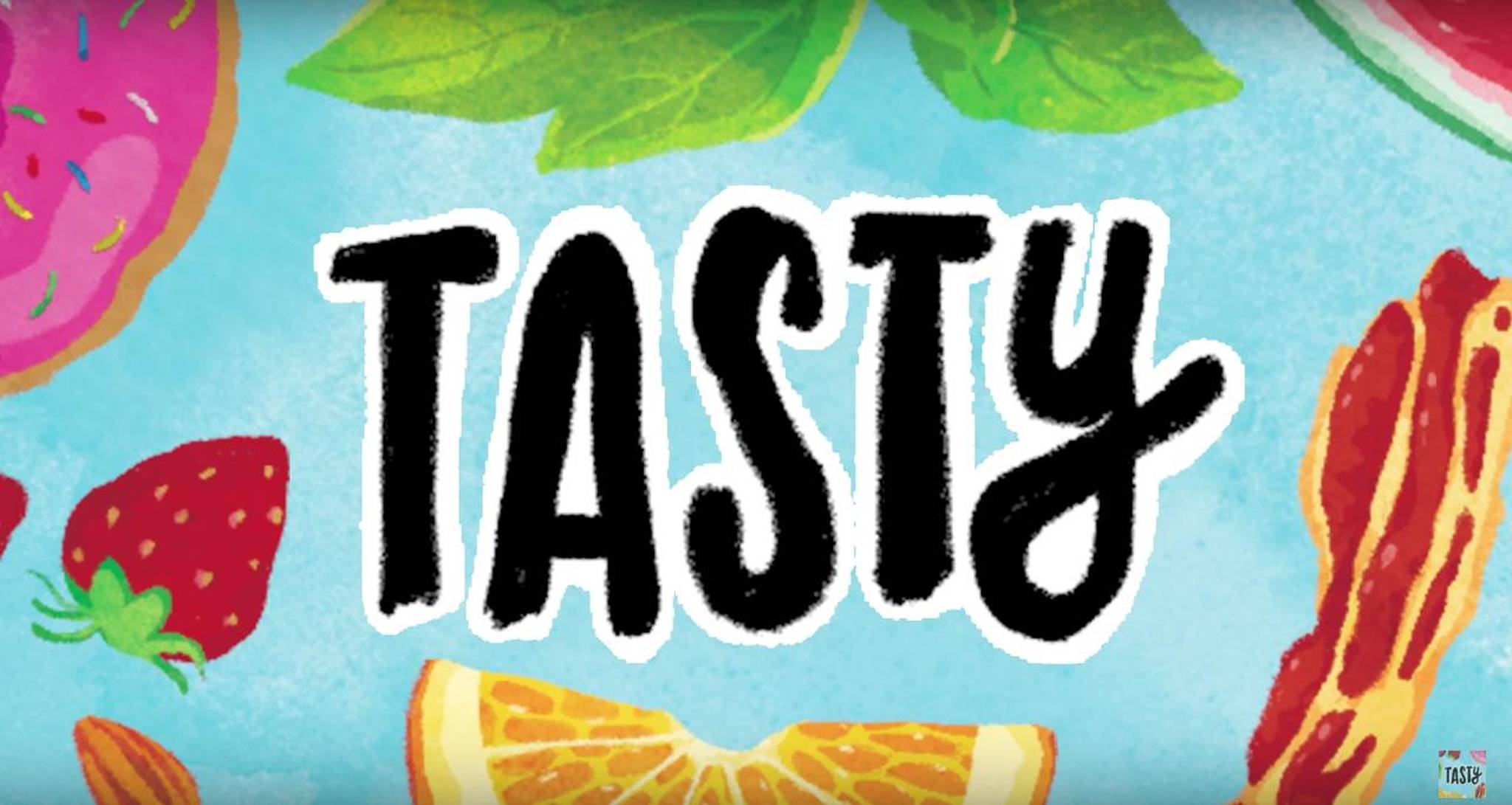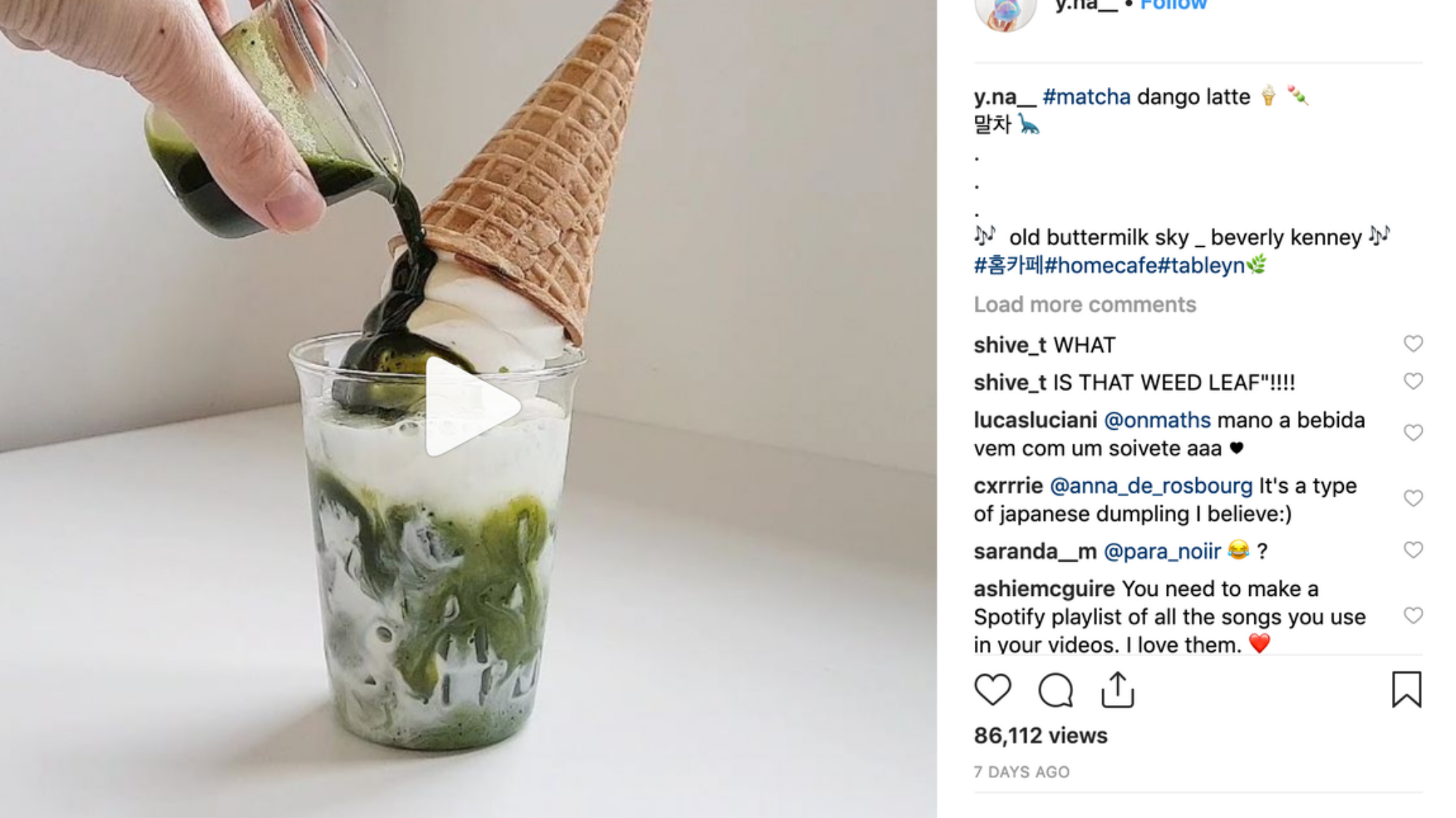Whenever I ask my mom to teach me how to cook, I always get the same extremely vague and unhelpful answers. Whether she is trying to protect her secret recipes from me or assert her monopoly over the kitchen, I honestly don’t know. However, in light of going away to college next year, I became determined to teach myself how to cook.

I turned to the Internet for inspiration, and was immediately captivated by the unending array of enticing food videos. From Korean ASMR, to vegan health, to Buzzfeed’s Tasty, to Gordan Ramsay extravaganza—the internet provided an extraordinary outlet into the world of foodies and home cooking. My artistically inclined brain was immediately hooked on the visual and auditory perfection that the food entertainment world offered via ASMR ice clinks and stunning food photography.


As someone who has always loved food (and eating especially), I’ve found almost a cathartic outlet for creation through my baking and cooking endeavors. Growing up as the daughter of first generation Chinese immigrants has particularly taught me the emotional importance of food, and its primary role in creating familial bonds. Although my parents may not have expressed love verbally, love could always be felt through consuming or making a delicious meal together.
(Like Wongfu Productions comedic videos have illustrated, “Eat some more” and “are you hungry?” are equivalent to “I love you.” in many Asian households.)
Besides fostering familial bonding and friendships, creating food teaches individuals basic skills of resourcefulness and creativity.
When you first bake or cook you scavenge what you already have. You survey your pantry for the basic essentials and restock whatever ingredients you are missing. Alternatively, you can choose to abracadabra your way through a recipe by replacing the necessary ingredients you are missing with makeshift replacements in your cupboard. By beseeching the wisdom of Google, you can save yourself a few dollars and trip to the store by transforming your meager materials into necessary ones; butter-milk can be replaced with vinegar and milk; pumpkin spice can be produced with cinnamon and nutmeg; brown sugar with white sugar and a dollop of molasses, corn starch with flour, the list goes on.
Like math, science, or art, cooking (and baking), requires patience, persistence, and creativity. You should be willing to improvise your ingredients according to the inevitable degrees of unpredictability that your environment may throw at you.
As a generally rule-abiding and perfectionistic person, altering a recipe has always given me a particular amount of stress. I hate the idea of breaking the rules and potentially ruining a recipe and perfectly fine ingredients with my own clumsiness. My endeavors in cooking, conversely, have taught me that in order to learn you must be willing to break from conventional rules and to fail, but most importantly to strive to attain what you want, regardless of the potential consequences. When your pie filling is too runny, you need to be ready to add more cornstarch. If your sugar cookies are too dry, be willing disobey the recipe (gasp) and add some milk. When cooking, breaking the mold of convention defines the boundary between the obedient robot and the thinking, observant chef.
Although I am definitely an amateur in the world of home cooking, I’ve found incredible enjoyment in the simplicity and fun of creating food.
There is definitely a sense of accomplishment that is felt when one beholds a lovely pie made from scratch or inhales the wonderful smell of a home-cooked rotisserie chicken.
Regardless of your background and capabilities, cooking is a skill that everyone should learn. Unless you’re the Queen of England, you will inevitably need to learn to feed yourself one day, and as many of us are going to college soon, that day is approaching quickly. I think it’s safe to say that the majority of us would rather not have to rely on microwaved ramen for the rest of their lives.
Besides that, feeding yourself is the most basic form of self care, something that are bodies are biologically programmed to take immense pleasure in. Since eating is the most basic form of survival, we should all learn to take care of ourselves and those around us well through what we physically nourish ourselves with.
Another primary reason why you should take an interest in creating food is the ability to share happiness with other people. Cooking (and eating) are social activities. Besides simply being fundamental of just “adulting”, cooking for yourself also provides a means of spreading joy to the other people— the ability to (literally) allow others to partake in fruits of your labor.
Like Chef Gusteau has said in the Disney movie Ratatouille, “anyone can cook.” It’s truly a very simple and fun way of spending time, either enjoying food with your friends or family or reveling in pride for your own culinary creation. Food connects individuals of all races, religions, and socioeconomic backgrounds, allowing us to universally enjoy and experience life in the most vibrant and engaging way.
And in the end, you can reap delicious rewards:)
To end this piece, here is a photo montage of my year in cooking.
- Matcha Macarons (Tackling a more difficult recipe with the fearless Jubilee Wang and Joanna Gao)

- Matcha Cheesecake (Matcha adventures part 2: ditching homecoming for homemade cheesecake)

- Kimchi Fried Rice (after watching too many ASMR videos, my sister and I created our own AMSR video)
- Pumpkin Chocolate Muffins (a personal favorite featuring pumpkin spice!)

- Triple Berry Pie (infinitely better than store bought)

- Matcha Blueberry Scones (warm and buttery, an afternoon tea essential)
